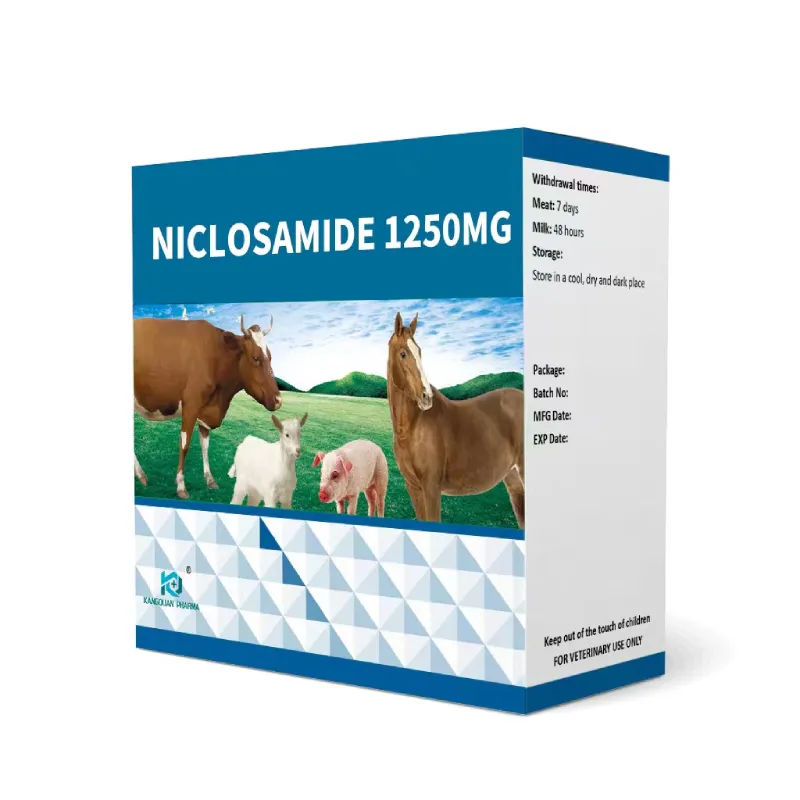- Afrikaans
- Albanian
- Amharic
- Arabic
- Armenian
- Azerbaijani
- Basque
- Belarusian
- Bengali
- Bosnian
- Bulgarian
- Catalan
- Cebuano
- Corsican
- Croatian
- Czech
- Danish
- Dutch
- English
- Esperanto
- Estonian
- Finnish
- French
- Frisian
- Galician
- Georgian
- German
- Greek
- Gujarati
- Haitian Creole
- hausa
- hawaiian
- Hebrew
- Hindi
- Miao
- Hungarian
- Icelandic
- igbo
- Indonesian
- irish
- Italian
- Japanese
- Javanese
- Kannada
- kazakh
- Khmer
- Rwandese
- Korean
- Kurdish
- Kyrgyz
- Lao
- Latin
- Latvian
- Lithuanian
- Luxembourgish
- Macedonian
- Malgashi
- Malay
- Malayalam
- Maltese
- Maori
- Marathi
- Mongolian
- Myanmar
- Nepali
- Norwegian
- Norwegian
- Occitan
- Pashto
- Persian
- Polish
- Portuguese
- Punjabi
- Romanian
- Russian
- Samoan
- Scottish Gaelic
- Serbian
- Sesotho
- Shona
- Sindhi
- Sinhala
- Slovak
- Slovenian
- Somali
- Spanish
- Sundanese
- Swahili
- Swedish
- Tagalog
- Tajik
- Tamil
- Tatar
- Telugu
- Thai
- Turkish
- Turkmen
- Ukrainian
- Urdu
- Uighur
- Uzbek
- Vietnamese
- Welsh
- Bantu
- Yiddish
- Yoruba
- Zulu
8 月 . 18, 2024 02:13 Back to list
Human Antiparasitic Drugs and Their Role in Treating Parasitic Infections
The Role of Human Anti-Parasite Medication A Critical Overview
Parasites are a significant public health concern worldwide, affecting millions of people and causing a wide range of health issues. These organisms depend on their hosts for survival, often leading to debilitating conditions that necessitate effective medical intervention. Human anti-parasite medications are vital in combating these infections, and understanding their role is crucial for global health.
Understanding Parasitic Infections
Parasitic infections can be caused by various organisms, including protozoa, helminths (worms), and ectoparasites like lice and mites. Diseases such as malaria, schistosomiasis, and enterobiasis affect people in diverse geographical regions, often with the most severe impacts seen in tropical and subtropical areas. The symptoms of these infections can range from mild to life-threatening, affecting individuals' nutritional status, immune response, and overall well-being.
The Importance of Anti-Parasite Medications
Anti-parasite medications, also known as anthelmintics or antiparasitics, are specifically designed to treat infections caused by parasites. The effectiveness of these medications can vary depending on the type of parasite and the drug's mechanism of action. For example, antimalarial drugs like Artemisinin and its derivatives are crucial for treating malaria caused by Plasmodium species. On the other hand, medications such as Albendazole and Mebendazole are common for treating helminth infections like roundworm and hookworm.
The development and distribution of these medications have led to considerable advances in managing and controlling parasitic diseases. Public health initiatives aimed at mass drug administration, particularly in endemic regions, have shown significant success in reducing the burden of these infections. Vaccination against certain parasites, like malaria, is still in development but highlights the ongoing efforts in the fight against parasitic diseases.
Challenges in Anti-Parasite Treatment
human anti parasite medication

Despite the availability of effective anti-parasite medications, challenges remain. One significant issue is drug resistance. Over time, parasites can develop resistance to commonly used medications, making infections harder to treat and control. For instance, in recent years, resistance to artemisinin in malaria parasites has raised alarms within the medical community, necessitating the urgent need for research into new treatments.
Another challenge is the accessibility of these medications. In many regions, particularly low-income countries, access to healthcare and the necessary medications can be limited. This situation is compounded by factors such as poverty, governmental instability, and lack of education regarding preventative measures. Raising awareness about parasitic infections and ensuring access to effective treatments is crucial for improving global health outcomes.
The Future of Anti-Parasite Medications
The future of anti-parasite medications hinges on continued research and development. Scientists are exploring new compounds, treatment regimens, and delivery methods to enhance efficacy and minimize resistance. Additionally, innovative approaches, such as immunotherapy and genetic engineering, hold promise for developing novel treatments.
Moreover, global collaboration is essential in the fight against parasitic diseases. Initiatives like the World Health Organization's efforts to eliminate diseases such as lymphatic filariasis and onchocerciasis demonstrate the power of collective action in public health.
Conclusion
Human anti-parasite medications play a crucial role in managing and preventing parasitic infections worldwide. Understanding their importance, challenges, and future directions is vital for enhancing global health and reducing the burden of these preventable diseases. Continued investment in research, public health infrastructure, and education will be necessary to overcome the challenges that remain and ensure effective treatment for all affected populations.
-
The Power of Radix Isatidis Extract for Your Health and Wellness
NewsOct.29,2024
-
Neomycin Sulfate Soluble Powder: A Versatile Solution for Pet Health
NewsOct.29,2024
-
Lincomycin Hydrochloride Soluble Powder – The Essential Solution
NewsOct.29,2024
-
Garamycin Gentamicin Sulfate for Effective Infection Control
NewsOct.29,2024
-
Doxycycline Hyclate Soluble Powder: Your Antibiotic Needs
NewsOct.29,2024
-
Tilmicosin Premix: The Ultimate Solution for Poultry Health
NewsOct.29,2024













